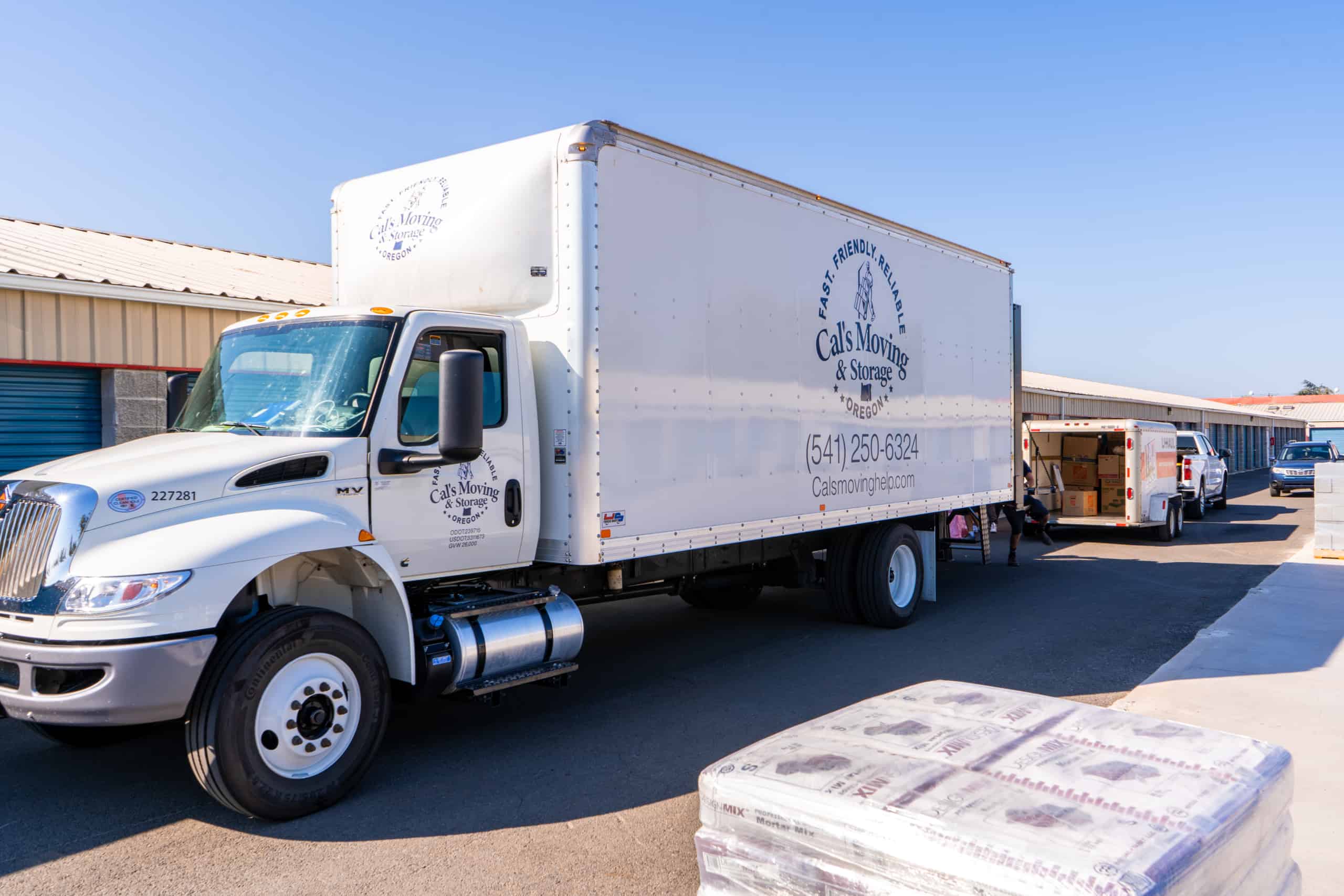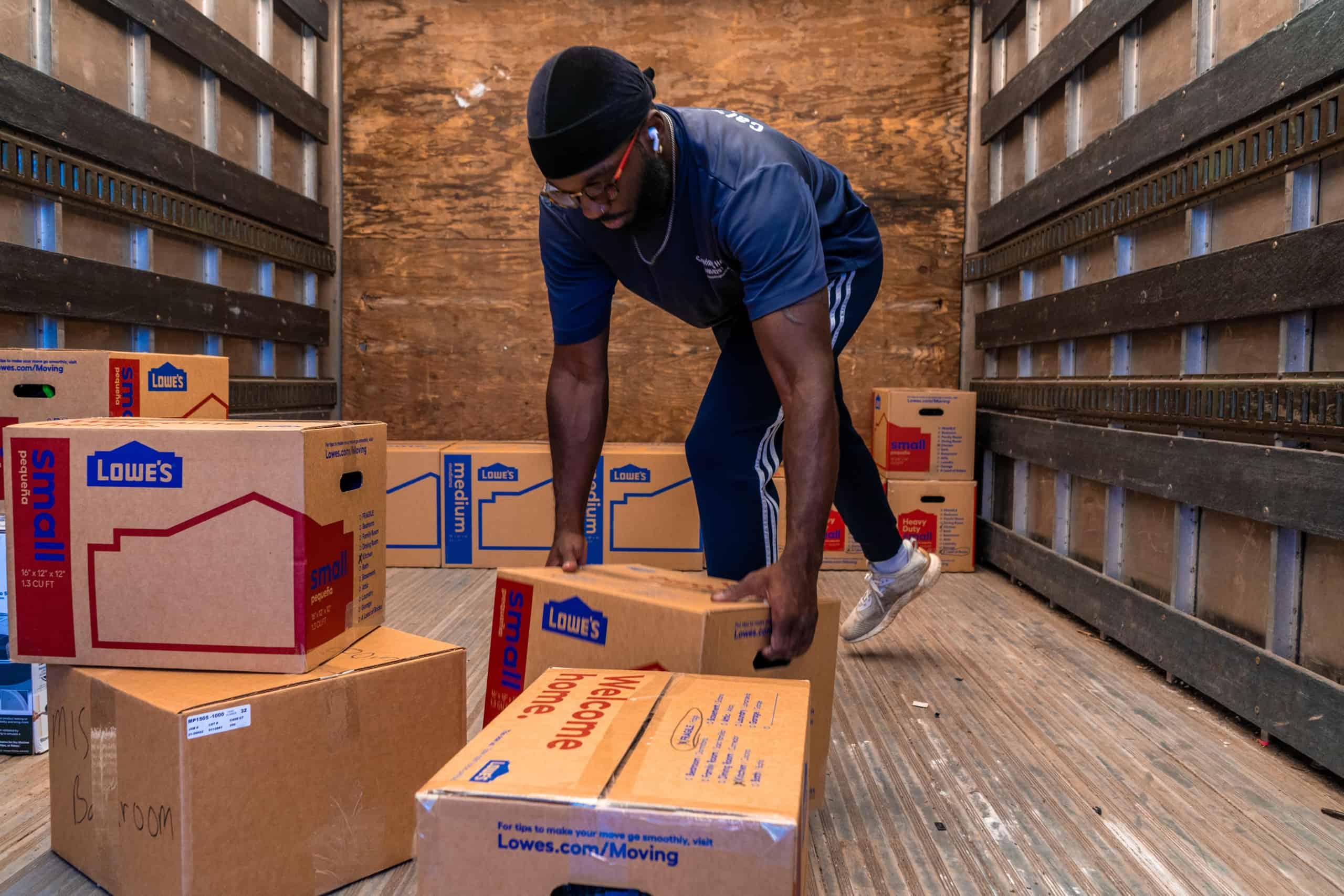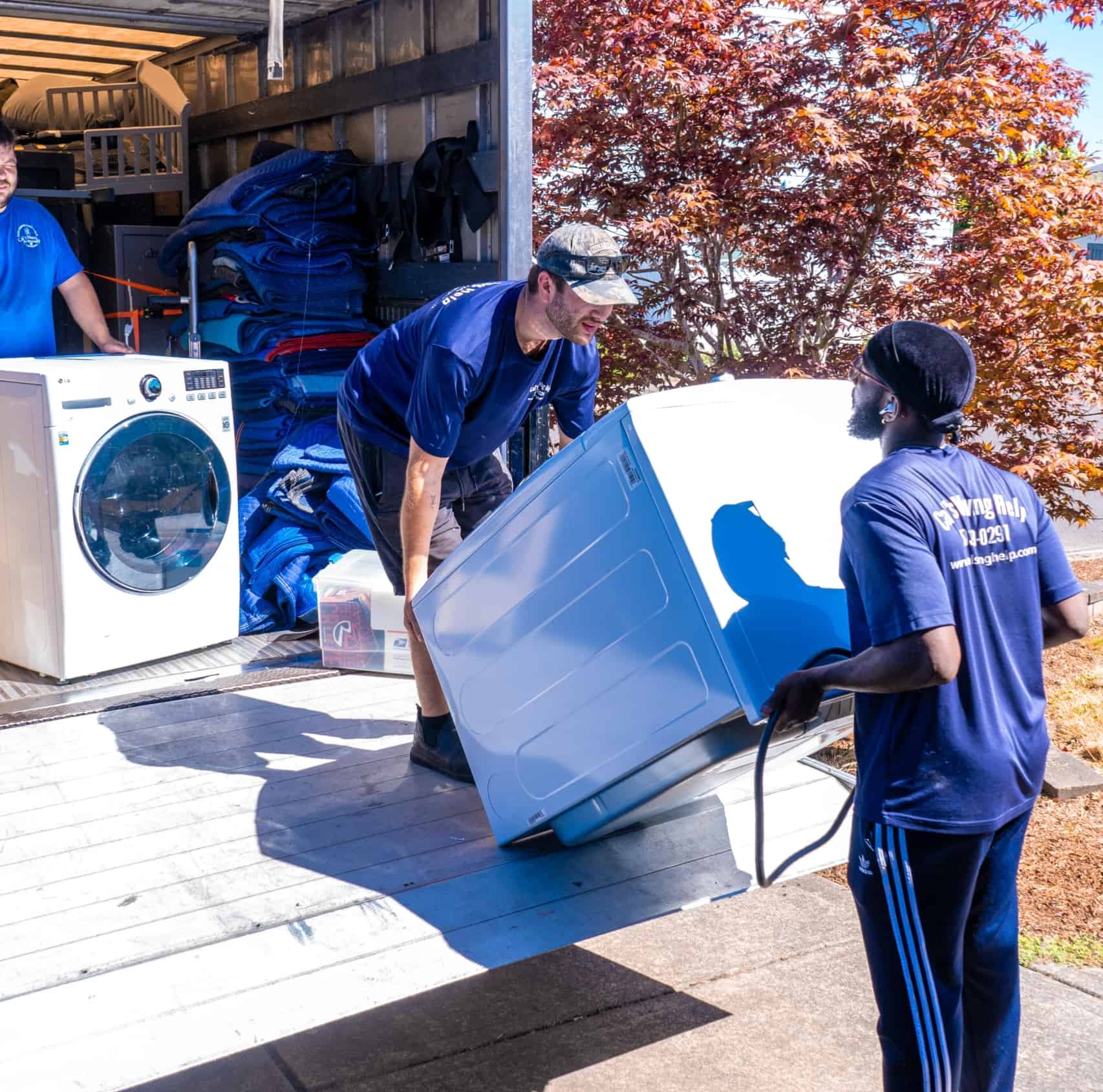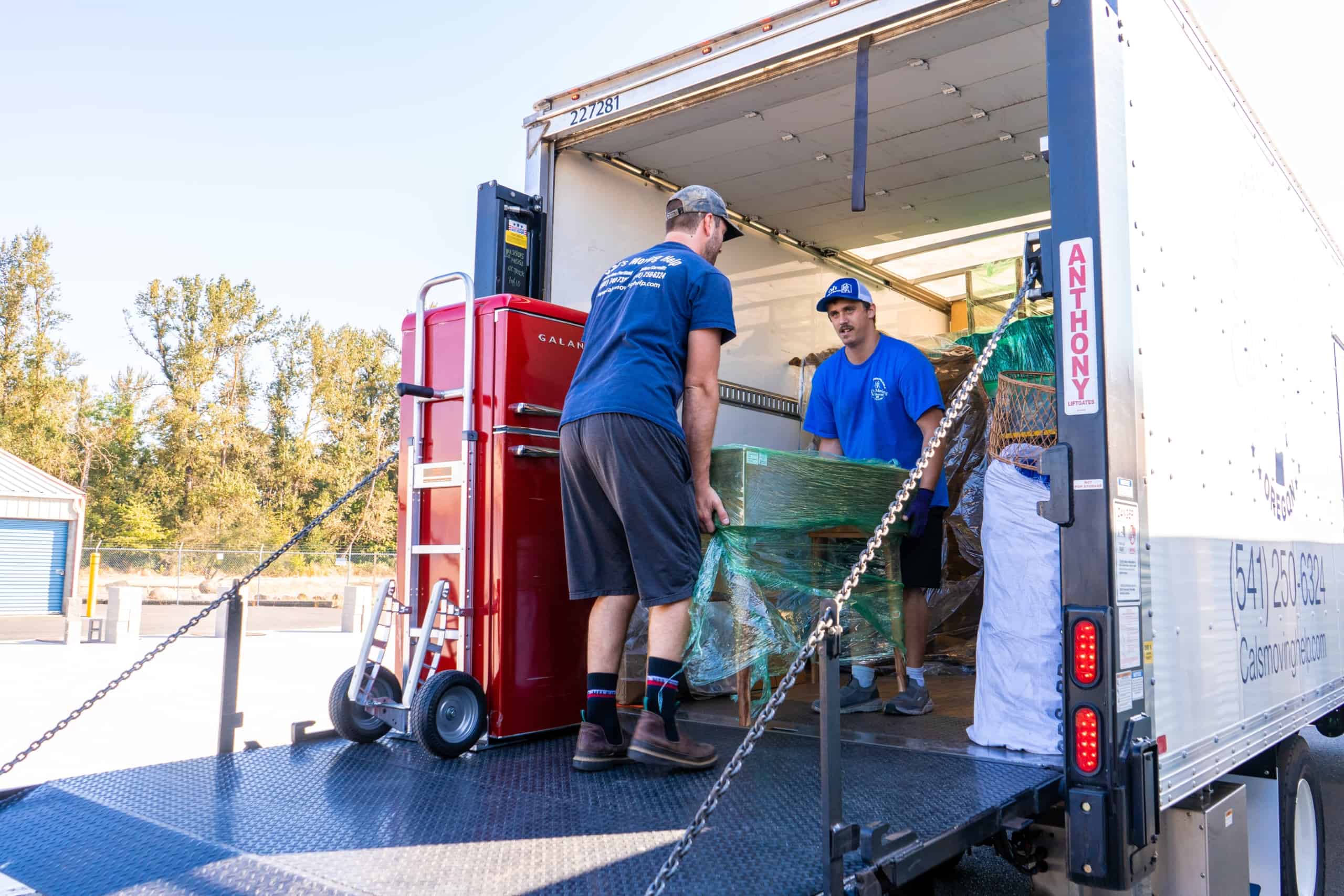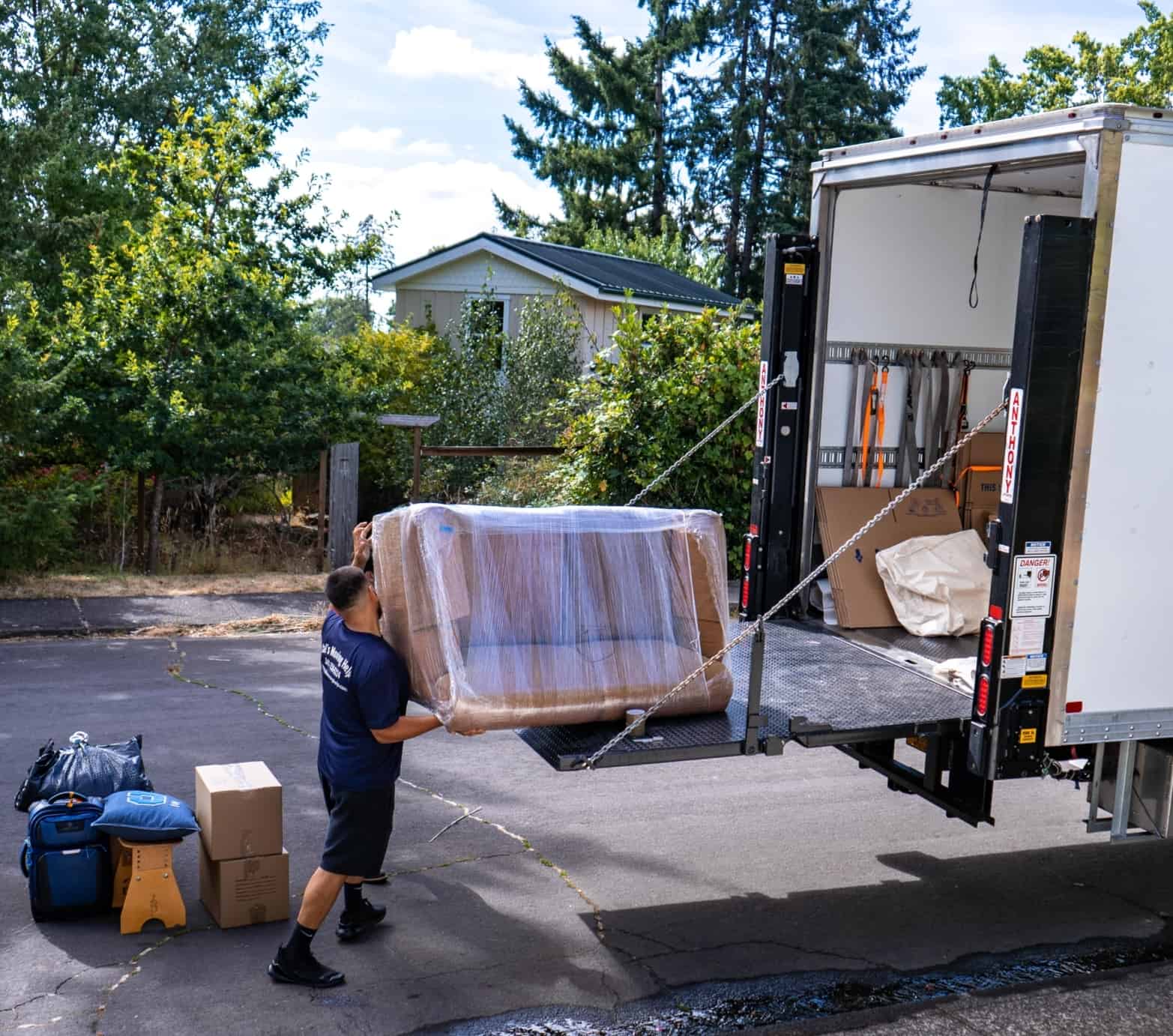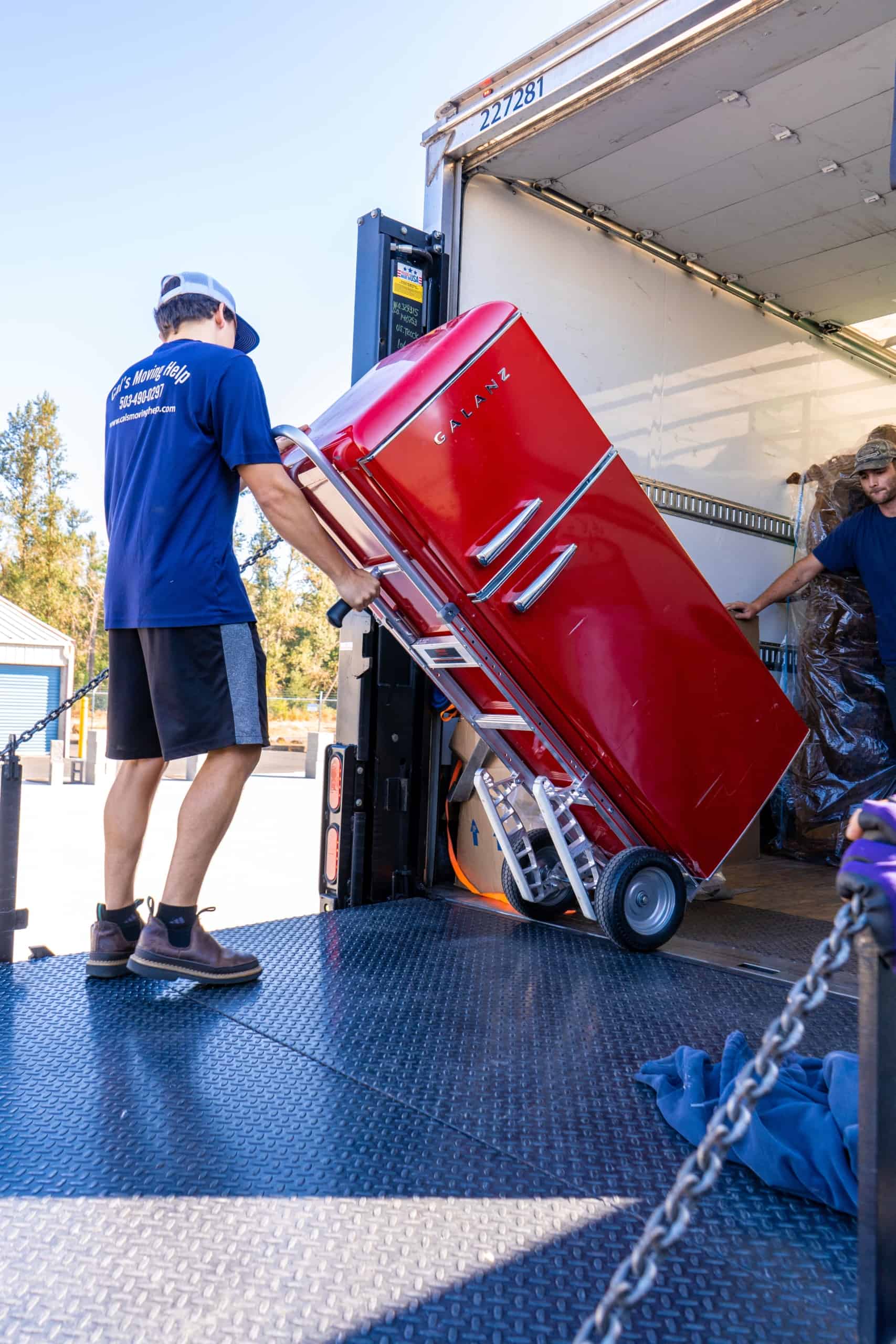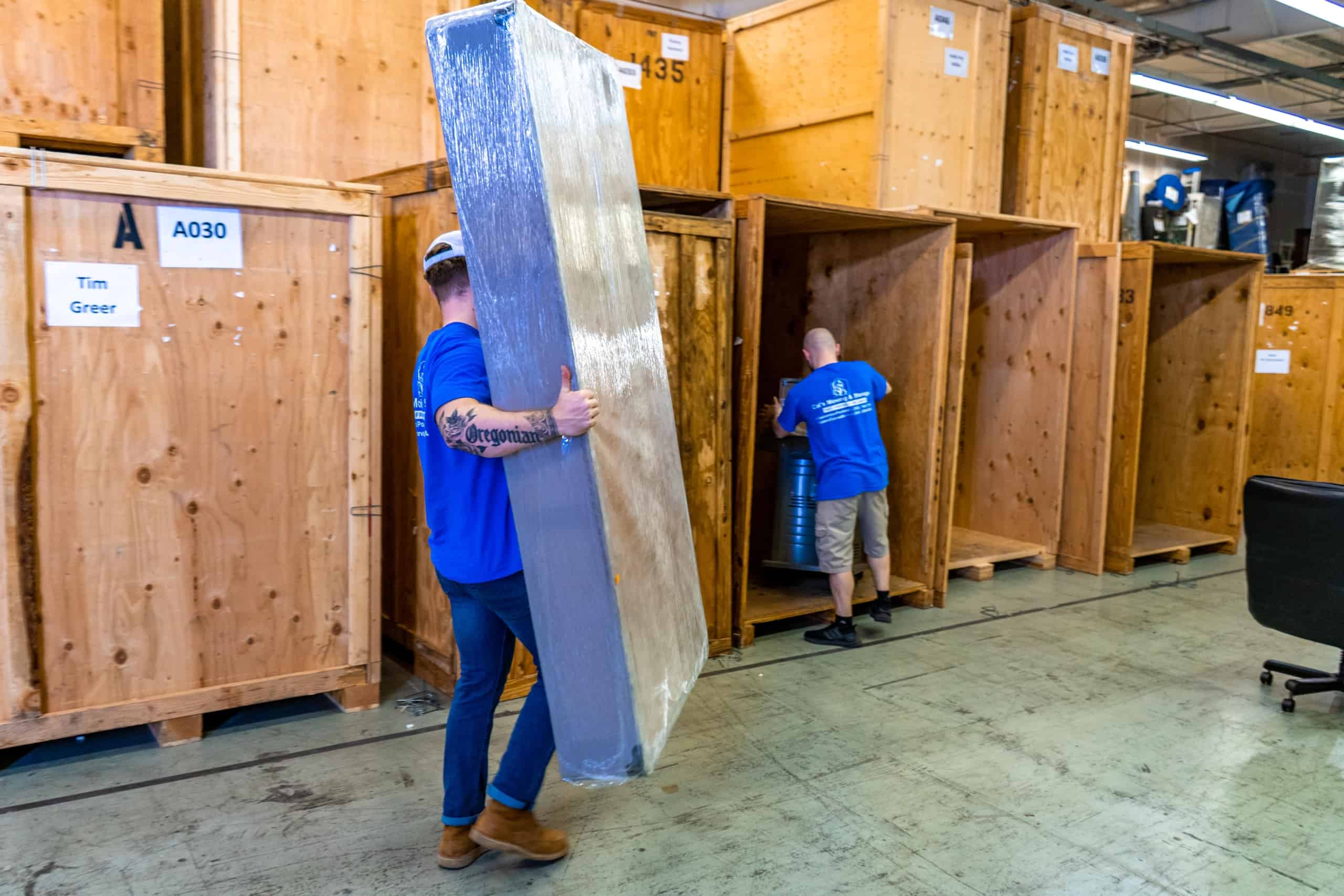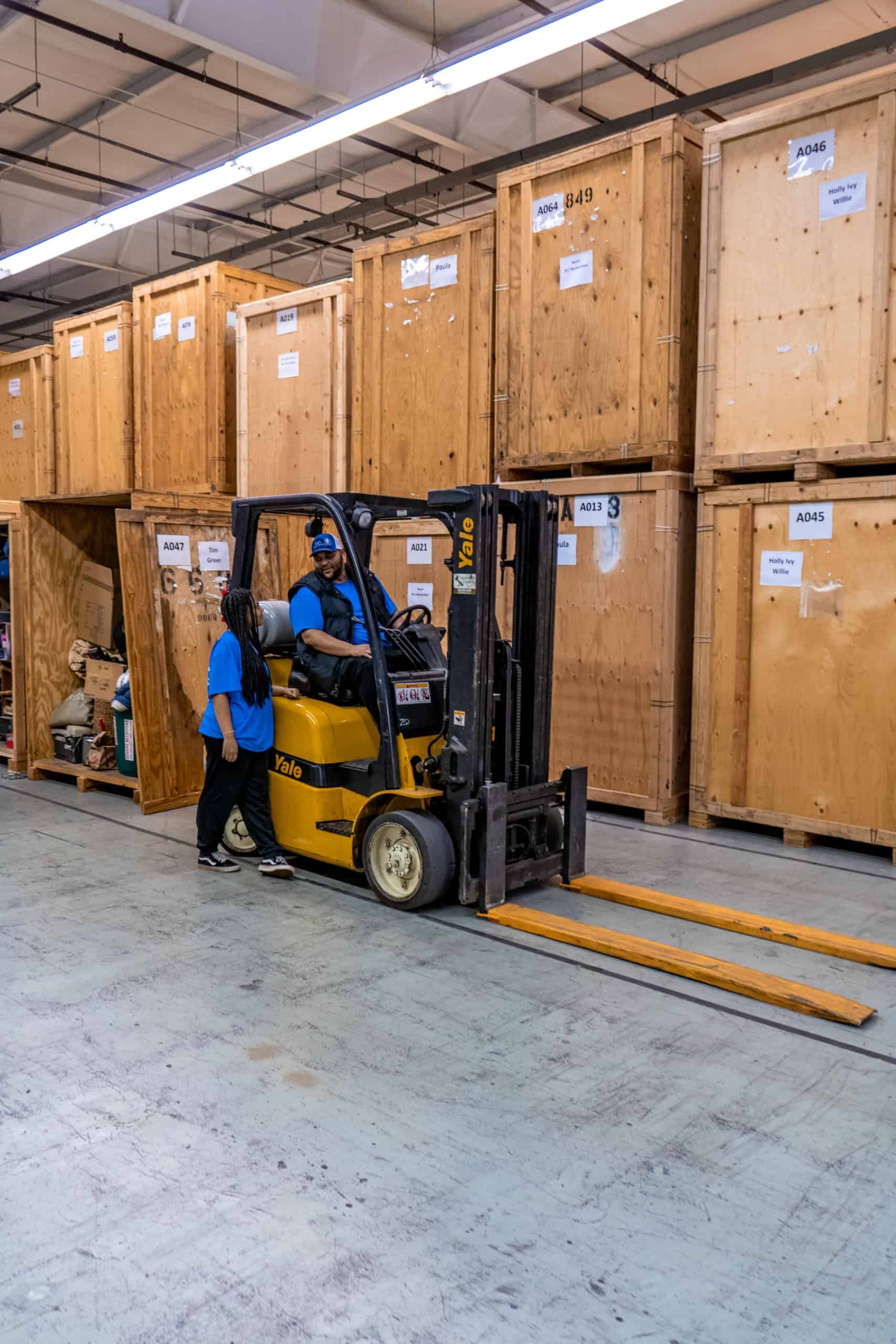An Oregon Moving Company
That Will Treat You Like Family.
Never Any Hidden Fees Or Expenses.
Never Any Hidden Fees Or Expenses.
Discover stress-free moving with our expert team. Contact us for a seamless moving experience today!
Every employee gets a background check as well as being trained by our local leads before his/her first job. Our commitment is to be an efficient and customer-focused local moving service near you! We are prepared and ready to take on any task during your move.
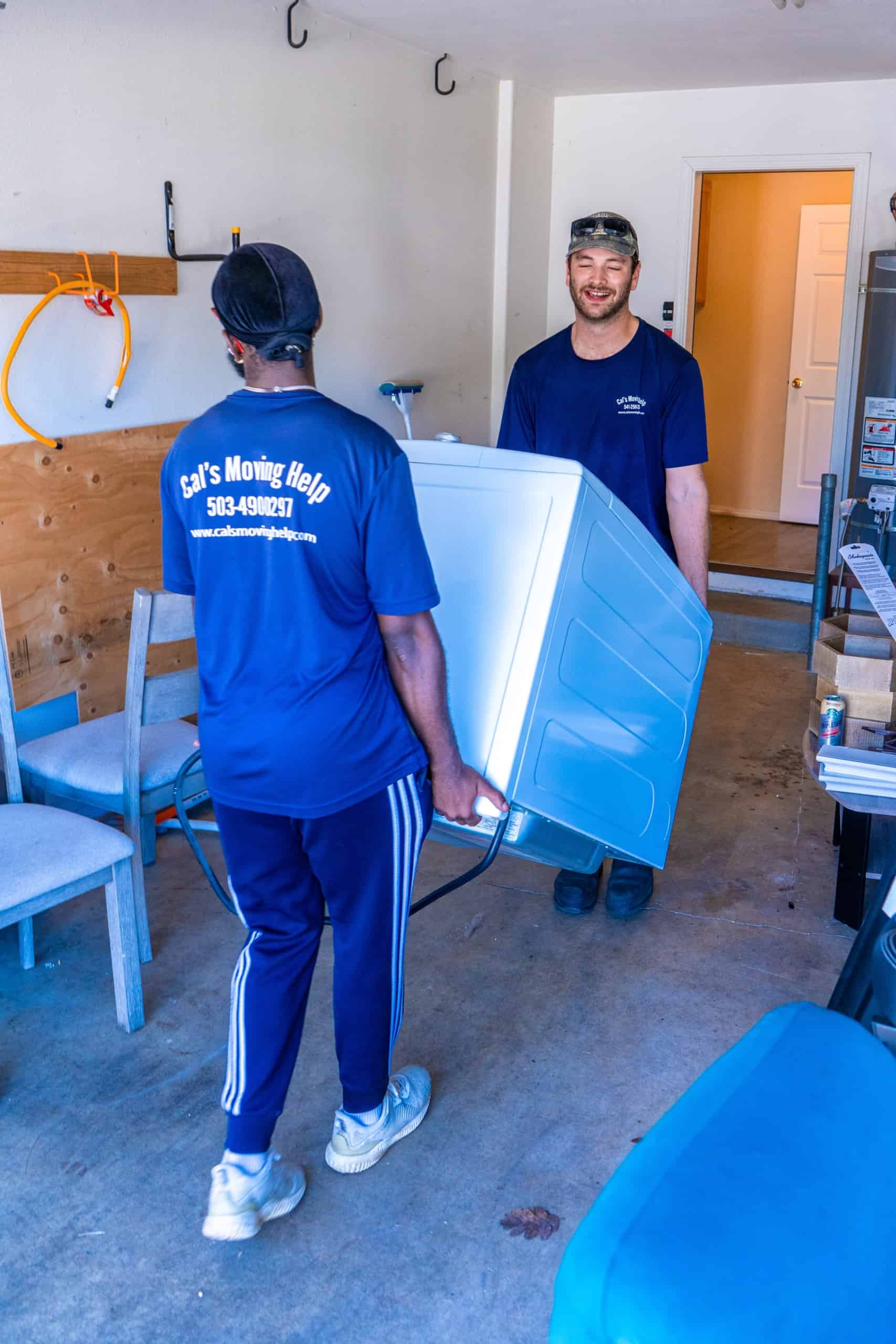
Secure and scalable commercial storage services for businesses of all sizes. Trust Cal’s Moving & Storage for your inventory, equipment, and document storage needs.
Expert commercial moving solutions to minimize downtime and ensure a smooth transition for your business. Discover our professional approach at Cal’s Moving & Storage.
Navigate your long distance move with ease. Cal’s Moving & Storage offers secure, timely, and stress-free relocation across distances.
Effortless junk removal services to declutter your space. Cal’s Moving & Storage handles disposal responsibly and efficiently. Click to clear out with confidence!
Specialised piano moving services with a delicate touch. Ensure your piano’s safety with Cal’s Moving & Storage’s expert handling. Explore our services here.
Affordable and flexible residential storage solutions to keep your belongings safe. Click to learn more about Cal’s hassle-free storage options!
Secure and scalable commercial storage services for businesses of all sizes. Trust Cal’s Moving & Storage for your inventory, equipment, and document storage needs.
Easy, Quick Booking: Get Started with Just a Few Clicks!
Effortless Packing: We Disassemble and Pack for You
Ensuring Safe Relocations of the Families with Every Move!
